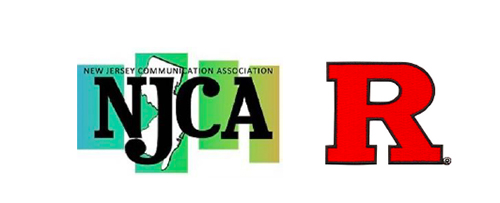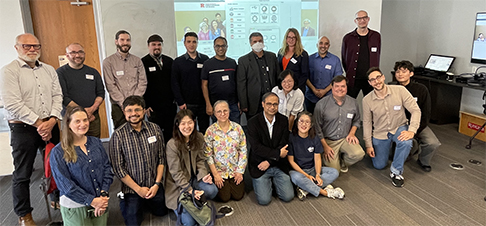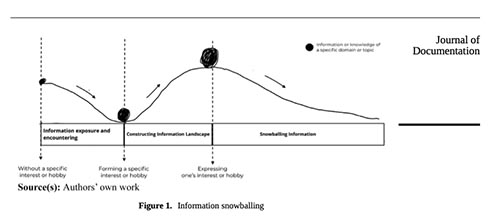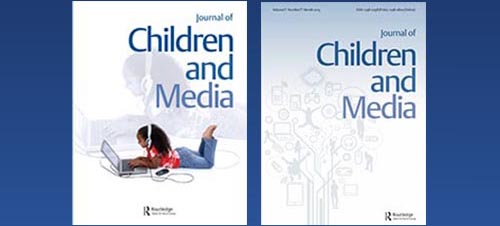Greenberg and Petre Awarded 2024-2025 Rutgers University Faculty Year-End Excellence Awards
Rutgers University President Jonathan Holloway said he shared this year’s awards announcement “with pride in the entire Rutgers faculty and with admiration and gratitude for the efforts of all our faculty members over the course of the academic year.”









